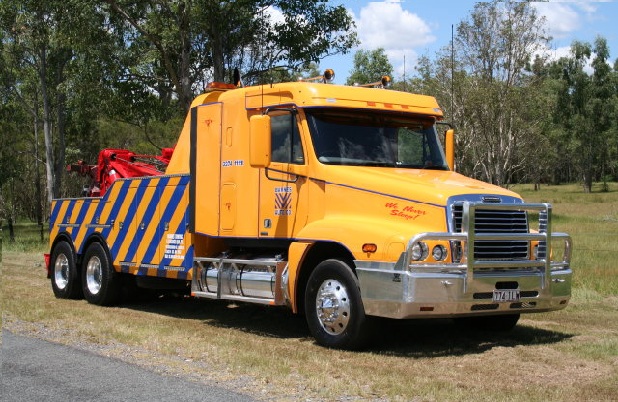
Don't Drive Your Truck If You See These 3 Warning Signs
When you haul freight across the country, you don't have a lot of time to waste. Your clients expect their shipment to arrive on time and in pristine condition.
Consequently, if you feel hurried to meet a deadline, you may try to push your truck to its limits. You may skip minor maintenance during rest stops, or you may try to forego breaks entirely. But the harder you push your rig, the worse shape it will be in when you arrive. Rather than taking a risk with your vehicle or your life, don't hesitate to pull off the road and call a tow.
1. Sudden, Loud or Strange Noises
Your truck makes a lot of racket. It rattles when you turn the key in the ignition. It groans as you pull out of the parking lot. And it whistles whenever you tap the brakes. Familiar noises are fine but if you hear any sudden, loud noises that you don't recognise, pull over as soon as you can safely do so. That horrible bang could have come from as something as safe and simple as running over debris, so you can continue driving as normal. But if the engine threw a rod, the broken piece could jam into the cylinder head or pierce the engine block.
2. Clouds of Smoke or Steam
Although your diesel meets emission standards, it still puffs and putters exhaust whenever the engine starts to strain. As with familiar sounds, you've likely become acquainted with the typical truck overheating, knowing that it could result from a low coolant level. Adding coolant should help you eke out a few more kilometres before you pull into a hotel for the night.
On the other hand, if your coolant levels are normal, you could have a bad electric fan, defective radiator switch or broken fan belt. In these cases, it’s important to get help as soon as possible.
3. Changes in Steering or Braking
When you have six (or more) tyres to check, you might only give each one a quick glance at a rest stop before moving onto the next. But what happens if a tire blows?
Fortunately, the extra tyres can help distribute the weight when a tire explodes. But you will still notice a difference in the way your vehicle handles. Additionally, you should check your mirrors every few seconds, just in case you can't feel a bump or shift in steering from inside the cab.
When you pay attention to these tell-tale warning signs, you can decrease your risk of an accident and reduce the need for expensive repairs.